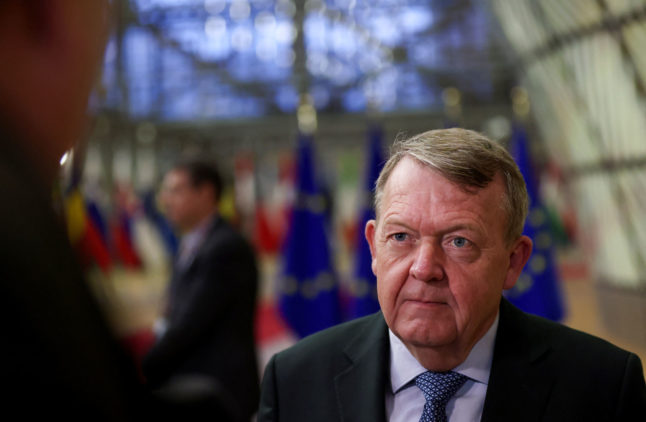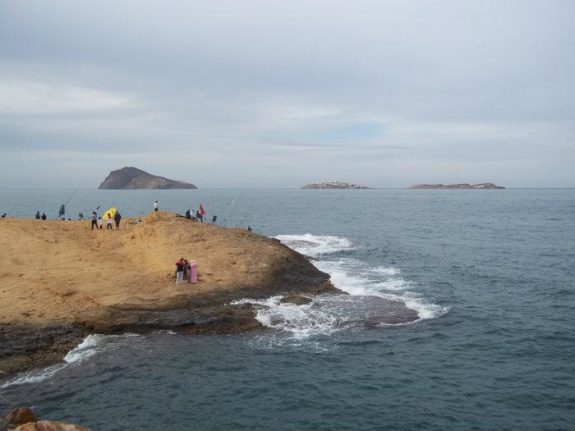Foreign Minister Lars Løkke Rasmussen issued a comment after the Danish foreign ministry confirmed the matter to news wire Ritzau.
“Denmark has a good relationship with Turkey and this matter does not change that,” Rasmussen said in a written comment in reference to an ongoing series of Quran burnings led by far-right extremist Rasmus Paludan, which on Friday moved to Copenhagen after similar incidents in Sweden.
Paludan has said he plans to burn the Islamic holy book in three separate locations in the Danish capital on Friday, including in front of the Turkish embassy.
A Turkish diplomatic source told news wire AFP the Danish ambassador was summoned to protest Denmark’s “unacceptable” attitude towards Paludan’s actions.
“We strongly condemn the decision to grant permission for this provocative act, which clearly constitutes a hate crime,” the Turkish diplomatic source told reporters.
Summoning an ambassador is seen as a significant diplomatic gesture which can express a strong signal to the country represented by the ambassador.
“Our job now is to speak with Turkey about what the conditions are in Denmark with our open democracy and that there are differences between Denmark as a country – and our people, for that matter – and an individual person who has strongly divergent views,” Rasmussen said.
Far-right provocateur Paludan came to prominence in Denmark in the late 2010s through his anti-Islam demonstrations in areas with sizeable minority ethnic communities. The main feature of the demonstrations is the burning and desecration of the Quran.
He has a conviction for inciting racial hatred, upheld in 2019 by a Danish high court, and failed in a bid to be elected to the country’s parliament in the same year.
After being granted Swedish citizenship through his father’s nationality he moved his demonstrations to Sweden, resulting in violent riots in April 2022.
READ ALSO: OPINION: ‘Police should have stopped Quran-burning demos after the first day’
On Saturday, Paludan set fire to a copy of the Quran in front of Turkey’s embassy in Stockholm, raising tensions as Sweden courts Ankara over its bid to join Nato.
The desecration of the Quran sparked strong protests from Ankara and furious demonstrations in several capitals of the Muslim world including in Afghanistan, Iraq, Pakistan, Syria and Yemen.
Swedish Prime Minister Ulf Kristersson has condemned Paludan’s actions as “deeply disrespectful”, while the United States called it “repugnant”.
US State Department spokesman Ned Price on Monday said the burning was the work of “a provocateur” who “may have deliberately sought to put distance between two close partners of ours – Turkey and Sweden”.
Paludan’s demonstrations in Denmark have provoked angry and sometimes violent responses from minority communities and require a heavy police presence. The demonstrations are permitted under Denmark’s laws and constitution, which protects free speech and the right to gather in public.
Paludan told Swedish newspaper Aftonbladet on Thursday that he intended to burn the Quran in three locations in Copenhagen on Friday: outside a mosque and in front of the Turkish and Russian embassies.
He set light to a Quran outside a mosque in Copenhagen’s Nordvest neighbourhood at around 1pm on Friday, Ritzau reported. The area has a large number of residents with minority backgrounds.



 Please whitelist us to continue reading.
Please whitelist us to continue reading.
Member comments